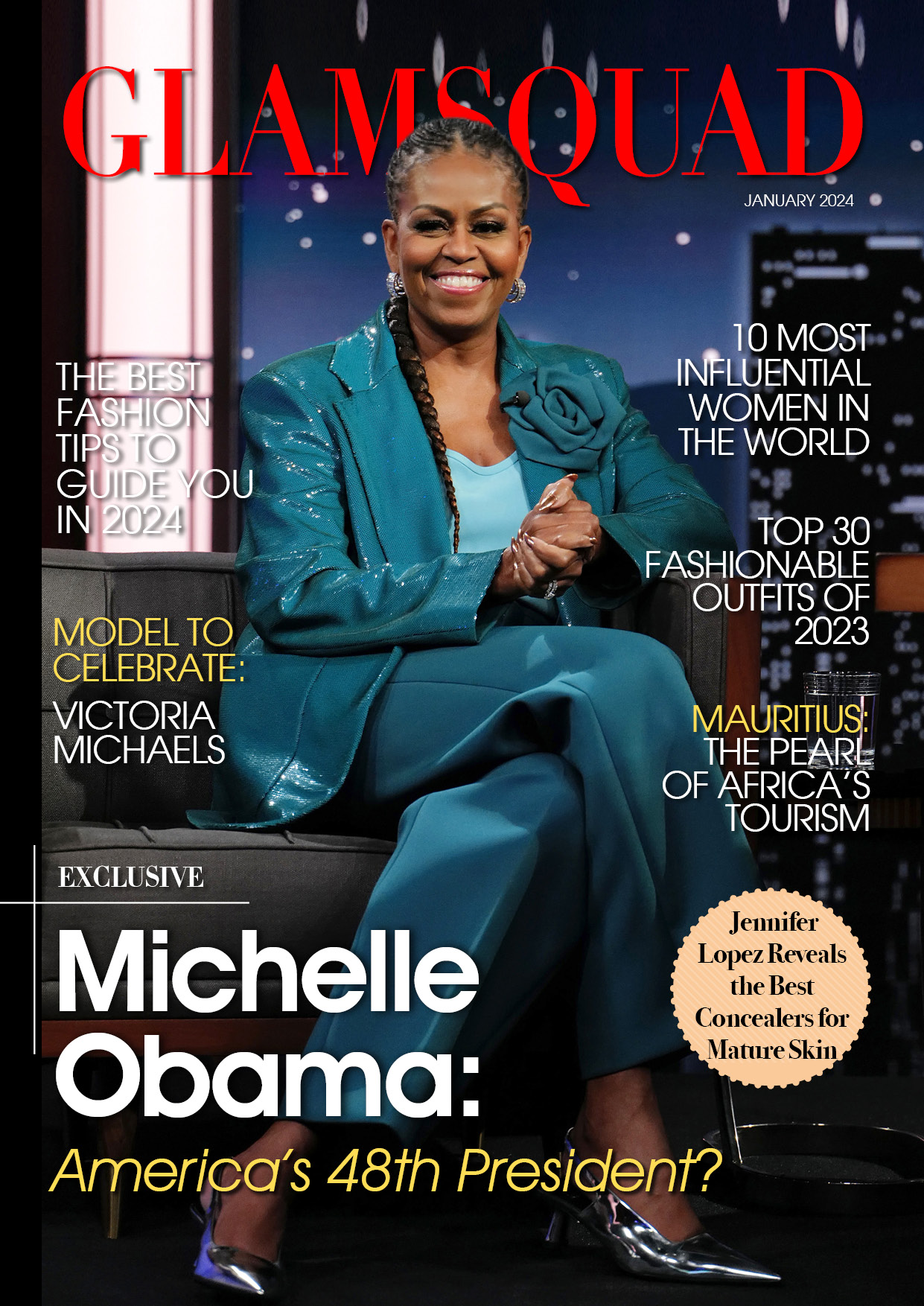Essence Magazine earlier this week published a full documentary reporting on the life of the late Grammy award winning singer Whitney Houston which talks about her life as a teenage girl to the point of her death. Read the complete documentary below:
Whitney Houston has always been my muse. She was the church girl’s blueprint. Growing up, I wanted to be her. I wanted to be beautiful, skinny, virginal, ascending to the world’s stage with my holiness and goodness as my calling card. I wanted to be perfect.
It would be years before I accepted that who I wanted to be was someone who really didn’t exist.
Conversations about Whitney’s life haven’t stopped in the five years since she’s been gone. A new documentary Whitney: Can I Be Me?, which premiered August 25 on Showtime, ignited conversations again. The documentary centers on her 1999 tour as the beginning of her demise. It is, after all, when her creative director and rumored lover Robyn Crawford walked away and stories of Whitney’s drug use were reaching fever pitch.
The thesis of ‘Can I Be Me?’ seems to be that, because, Whitney’s alleged relationship with Robyn was not accepted, her demise was inevitable. In the wake of her passing, I have always been disappointed in the need to dissect Whitney’s sexuality. Whether she was or wasn’t, whoever she was with or not, was her business to share. And she didn’t. I always felt if Whitney and Robyn didn’t talk about it, why are we? Yet, beyond commentary about Whitney’s romantic relationships, the documentary felt completely off. It painted her as dark, victimized by everyone who loved her. Whatever happy and effervescent “Nippy” we knew, it was a façade hiding a tortured soul. Clive Davis manufactured her, Cissy Houston was jealous of her, Bobby Brown abused her, and the only source of true love in her life was driven away.
While Nick Bloomfield and Rudi Dolezal are amazing storytellers, I don’t believe that White men can fully tell Black women’s stories. For instance, the documentary fails to mention her 2009 “I Look to You” comeback that signaled a Whitney who’d reckoned with her mistakes and was ready to move forward. While ‘Can I Be Me?’ speaks of the blockbuster success of The Bodyguard and her cocaine overdose while filming Waiting to Exhale, it mentions nothing of Cinderella, The Preacher’s Wife or Sparkle —roles Whitney took pride in that still provide us with deep joy.
Even the characterization of Cissy and Whitney’s relationship lacked nuance. Often the most difficult relationship Black women will ever navigate is the one with their mothers. Cissy was raising a daughter in the inner city of New Jersey and providing her with guidance as she navigated the treacherous music industry. As a devout Christian, of course, her beliefs would guide —sometimes too harshly— her parenting style. But a mother who nurtured and shared her daughter with the world deserved more than being cast as jealous and domineering.
Amazingly enough, ‘Can I Be Me?’ does not begin to scratch the surface examining the toll it took on Whitney to become the first Black female crossover pop star. While it highlights that infamous Soul Train Awards moment when she was booed, the creators of the documentary fail to address how the need to demonize Blackness is at the root of every problem Whitney experienced. She couldn’t just be a Black girl from Newark. She had to be the most perfect Black girl, worthy of White people’s attention and affection. If Whitney had to continue asking for permission to be herself, it was as much the fault of those in the music industry who wanted to exploit her gift as it was those in the church who wanted her to live according to their rules.
The documentary made the salvation of Whitney rest completely on the shoulders of Robyn. Black women are always expected to be everyone’s savior. And while it is true that sisterhood is essential to our survival, that is entirely too much weight for anyone to carry.
Yet despite the documentary’s glaring missteps, there are still lessons for those of us who are beneficiaries of Whitney’s legacy. Her life mirrored, in so many ways, the paths that have been carved out for us. Many of us are still trying to break free from people’s expectations and embrace lives of our own choosing. It’s not easy to do; Whitney showed us that. There is as much to lose being ourselves as it is being the person others want to be. So, the question isn’t really “Can I be me?” It’s “do I want to be free?” Freedom indeed costs; the price is high. But it is better to pay the price of that ticket than to constantly be bound to the whim of others and broken. More than another documentary on who Whitney might have been, I believe we honor her by becoming who we need to be.
We can’t afford to lie and hide and wear masks. We cherish Whitney’s memory by insulating ourselves with people who will love us enough to tell us the truth and hold us accountable when we try to live the lie. They must be soft places to land in a hard world and the iron we need to sharpen ourselves. We allow Whitney to live on through us by refusing to ask “Can I be me?” but intentionally living the life for which we were created. We have always been enough.
It’s not clear whether Whitney fully knew that for herself but I believe she wants us to know it. And I pray we do.
Credit: Essence Magazine











